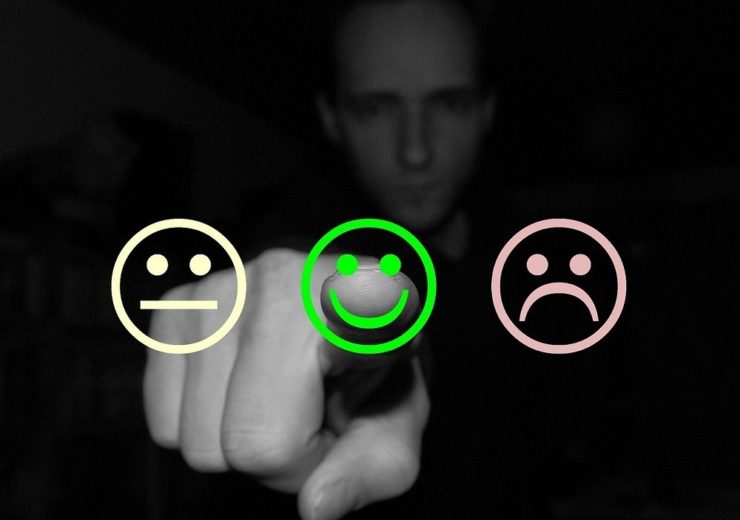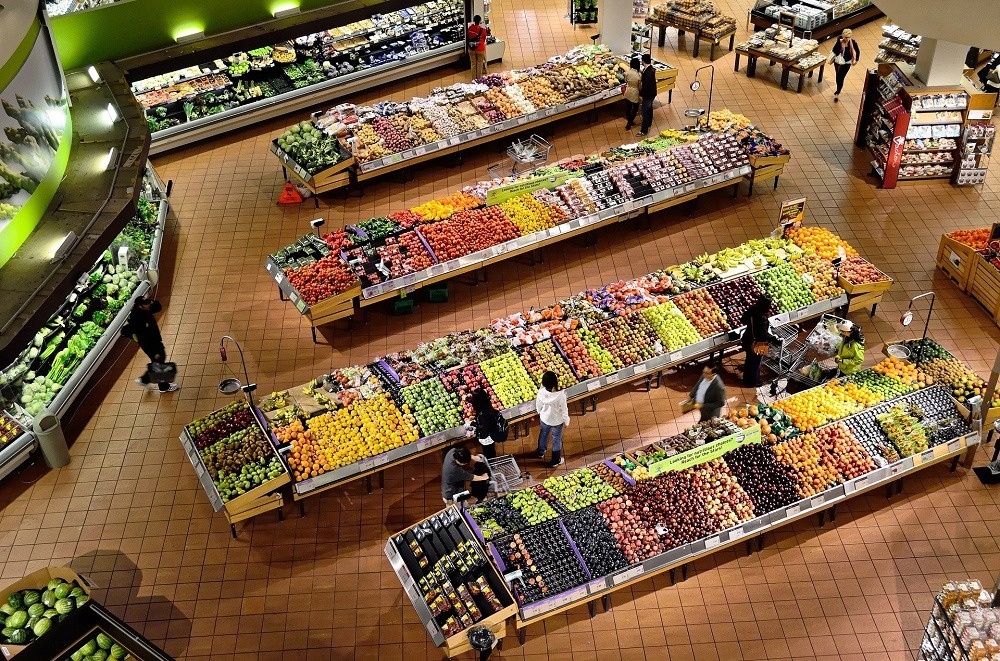Speaking to residents from 28 countries, the Ipsos survey also found that 52% of consumers agreed the recycling service for household waste is good in the area where they live

In its survey, Ipsos also found that 75% of consumers agree they want to buy products with as little packaging as possible (Credit: Pixabay)
More responsibility should be placed on manufacturers for the recycling and reuse of packaging waste they produce, according to new research published by global market research and consulting firm Ipsos.
The survey, which involved consumers from 28 countries, found 80% of people agreed with this sentiment in 18 countries,
This a particularly prevalent sentiment in Serbia (93%), Peru and Russia (both 88%).
As part of its Circular Economy Action Plan, the European Union announced legislation in 2018 that would mandate for an extended producer responsibility scheme — which makes manufacturers pay for the collection of waste — for all packaging by 2025.
Ipsos also found that 75% of consumers agree they want to buy products with as little packaging as possible, with this figure growing in Britain, Hungary and Peru (81%), as well as Serbia (86%).
The organisation’s global head of packaging innovation, Ian Payne, said: “Brands which deliver more sustainable packaging without compromising benefits or price, will be rewarded a competitive advantage.
“Our poll shows that positive outcomes are more likely when people are incentivised with systems that support behaviour.
“Packaging which is more easily sorted and disposed of will nudge virtuous behaviours, with tangible outcomes for the whole community.”
Big variations on people’s assessment of the local household recycling services where they live
Of the 19,515 consumers involved in the research, 71% believed single-use should be banned as soon as possible, though this figure was significantly lower when speaking to people in the US, where 57% favoured a ban.
The survey from Ipsos also points to potential benefits awaiting manufacturers who make the switch from single-use plastics, finding 75% of global consumers say they feel better about brands working to achieve better environmental outcomes.
Despite this, the survey does point out the limits to what people may be willing to do personally to cut the amount of plastic they use, with 63% saying they would be willing to change where they shop if it meant they would use less packaging.
This figure, however, drops to less than 60% in many of the world’s wealthiest markets including in the US, with the proportion of consumers from the country ready to change their regular shopping routine at 49%.
Alongside finding out what customers’ views are on plastic usage, Ipsos also wanted to shine a light on local household recycling services.

Of the 28 countries involved in the research, an average of 52% said that the recycling service for household waste is good in the area where they live, however, this figure varies depending on the nation.
Less than a quarter of people in Russia and Serbia (24% and 22% respectively) were satisfied with recycling services, while the Swedish and Canadians were among the happiest, with both standing at 70%.
The clarity of the rules for household recycling locally were similarly varied, with this knowledge particularly high for people in Belgium and Germany, where the proportion agreeing that the service rules are “good” standing at 72% and 70% respectively.
Serbians and Russians experienced the least amount of clarity for recycling rules, sitting at 22% and 21%.
Ipsos also found the British were most aware of the limits of their waste system, with 24% believing all plastics can be recycled, compared to the global average of 55% who thought this was the case.
